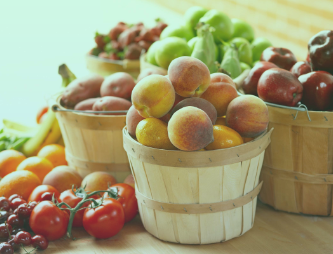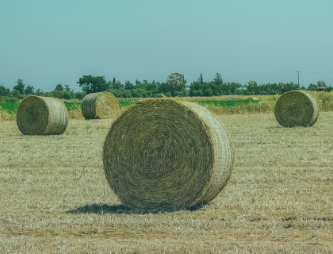-
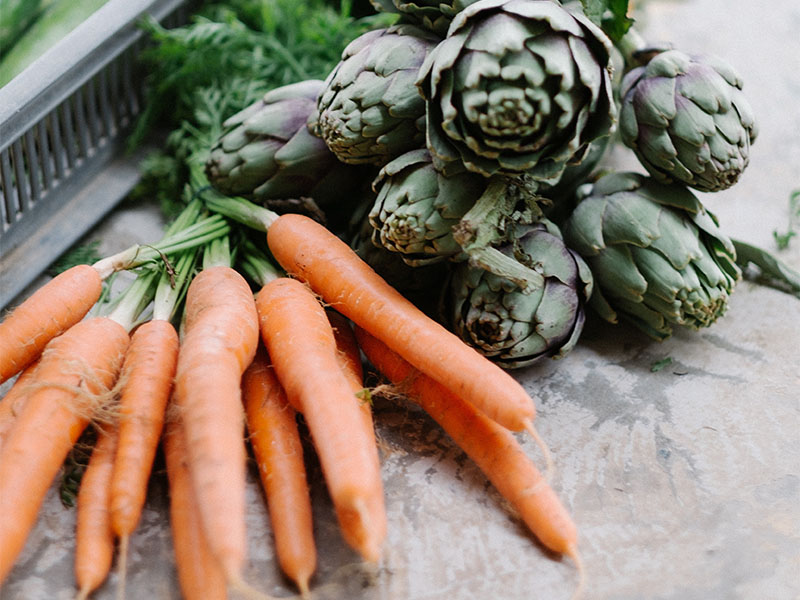 01 Natural resourceSee More01 Natural resource
01 Natural resourceSee More01 Natural resourceGreen Materials
Brown MaterialsGreen Materials
Brown Materials -
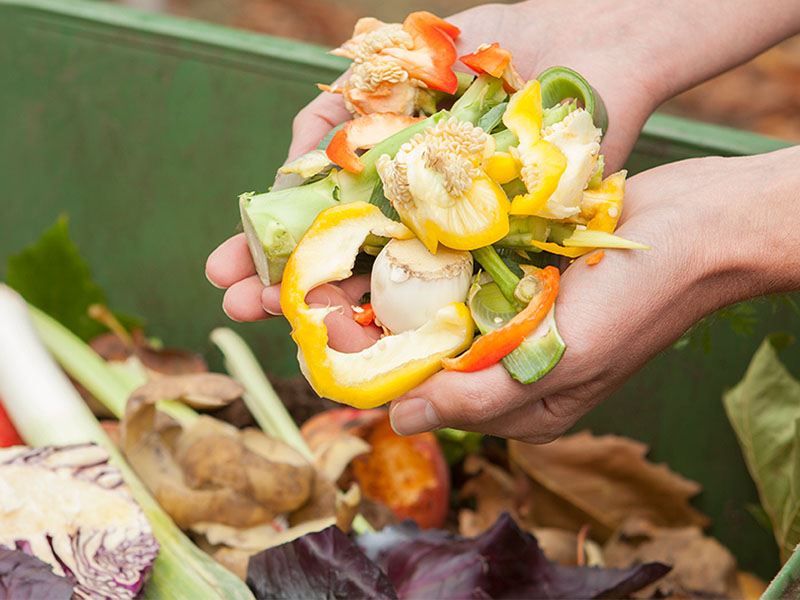 02 Raw MaterialSee More02 Raw Material
02 Raw MaterialSee More02 Raw Material- Vegetable-Fruit Peels and Residues
- Fresh Herbs, Grass
- Tea Waste
- Green Leaves
- Egg Shells (Increases Calcium Value of Fertilizer)
Brown Materials
- Fruit and vegetable waste
- Animal fertilizers
- Wheat straw
- Barley straw
- Rye straw
- Agricultural waste
- Lawn
- Fallen tree leaves
- Sewage sludge
- Algae
What shouldn’t be added to compost?
- Animal products such as meat, fish, milk (in cold compost method, pathogens which are harmful to human health from meat and dairy products may not disappear completely),
- Cat and dog feces
- Fatty Food Residues
- Processed Papers
- Diaper Or Sanitary Pad / Tampon
- Coffee And Tea Bags
- Acidic Fruits such as Lemon, Orange, Grapefruit (should not be preferred because it will create an acidic environment in cold compost method)
- Hard and large materials that will not rot easily
- Plastics
- Any materials, heavy metals, etc. that you think are chemically contaminated.
- Vegetable-Fruit Peels and Residues
- Fresh Herbs, Grass
- Tea Waste
- Green Leaves
- Egg Shells (Increases Calcium Value of Fertilizer)
Brown Materials
- Fruit and vegetable waste
- Animal fertilizers
- Wheat straw
- Barley straw
- Rye straw
- Agricultural waste
- Lawn
- Fallen tree leaves
- Sewage sludge
- Algae
What shouldn’t be added to compost?
- Animal products such as meat, fish, milk (in cold compost method, pathogens which are harmful to human health from meat and dairy products may not disappear completely),
- Cat and dog feces
- Fatty Food Residues
- Processed Papers
- Diaper Or Sanitary Pad / Tampon
- Coffee And Tea Bags
- Acidic Fruits such as Lemon, Orange, Grapefruit (should not be preferred because it will create an acidic environment in cold compost method)
- Hard and large materials that will not rot easily
- Plastics
- Any materials, heavy metals, etc. that you think are chemically contaminated.
-
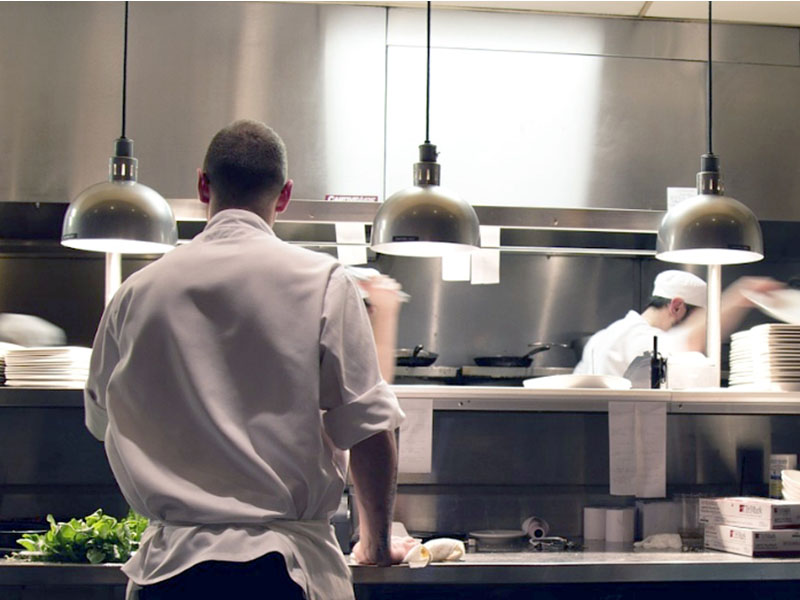 03 Locations the waste producedSee More03 Locations the waste produced
03 Locations the waste producedSee More03 Locations the waste produced- Kitchen
- Office
- Class
- Canteen
- Laboratory
- Dining hall
- Field
- Garden
- Park
- Kitchen
- Office
- Class
- Canteen
- Laboratory
- Dining hall
- Field
- Garden
- Park
-
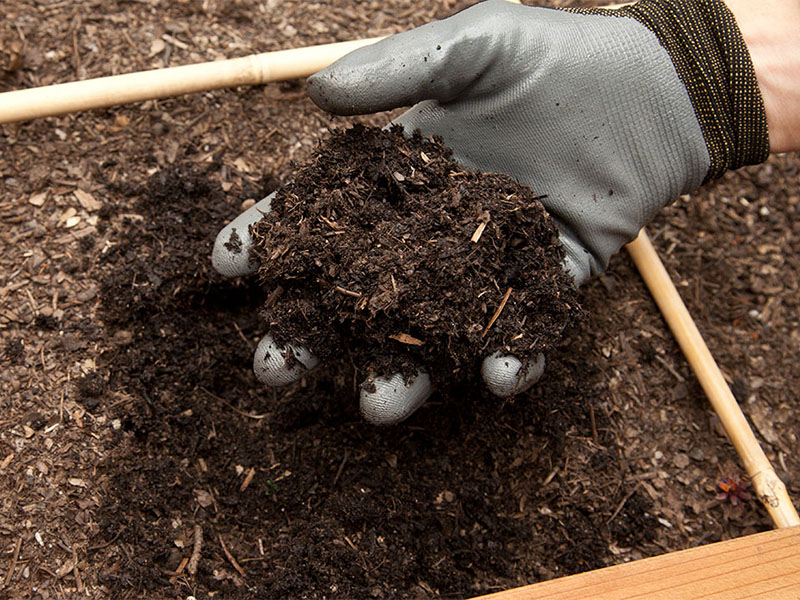 04 ProductSee More04 Product
04 ProductSee More04 ProductCompost formation
Compost formation
-
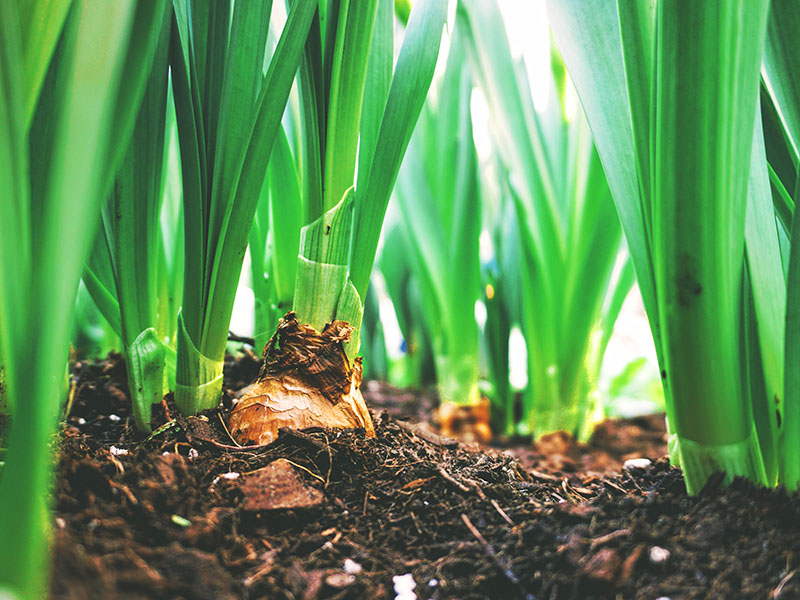 05 Environmental and Human Health HazardsSee More05 Environmental and Human Health Hazards
05 Environmental and Human Health HazardsSee More05 Environmental and Human Health HazardsBenefits of Compost
Kitchen waste disposed in plastic bags creates serious economic and ecological costs. The amount of waste produced per capita in major cities is approximately 1,17 kg (TÜİK, Municipal Waste, 2016). 50-60% of this consists of organic wastes that can be composted. Fossil fuels consumed in garbage transportation, methane gas emitted by uncontrolled biomass, toxic water, odor and other hazards spread to the environment, as well as the destruction caused by numerous plastic bags that turn into garbage every day, are reduced to the extent that we can convert the unused resources into waste.
Evaluate organic wastes
Organic waste, which will accumulate in one place or create pollution or cause air pollution by being burned, is turned into a useful and valuable resource through their natural processes. The problem becomes the solution.Improves soil structure.
- Provides aggregate. It promotes the formation of aggregates as it increases the amount of organic matter in very clay or sandy soils. The aggregate, on the other hand, allows the soil to breathe.
- Keeps moisture in the soil during the rainfall period and reduces evaporation.
- It absorbs excess water like a sponge and prevents erosion caused by rain. 100 kg of humus can hold about 195 kg of water.
Provides aeration of soil
Creates an airy layer on the top of the soil, creating a healthy surface that allows various soil creatures to move. In this way, it provides a comfortable ventilation of the soil. For example, when plant roots breathe freely, potassium intake becomes easier.Provides nutrients when plants need them
Synthetic fertilizers in salt form, when mixed with water, are in a form that the plants can take directly and the plants are forcibly absorbed. Since it cannot be absorbed by plants, it infiltrates under the soil and causes ground water pollution. Compost, on the other hand, contains nutrients that the plants can take at any time and in form, and is slow-release. It is not only a source of food, but also a store of food.Inactivates toxins in soil
Toxic substances and heavy metals in the soil are transformed into a form that plants cannot take with their roots and are fixed. Compost is also used in the rehabilitation of severely contaminated soils.
Regulates soil pH balance
When the pH level is too high or low, it may be difficult for plants to use them, even if there is sufficient nutrients in the soil. In soils where plenty of compost is added, the pH level required by the plants extends over a wider range and more flexible conditions are provided.Accelerates growth and strengthens plants
It has been observed that the growth of plant is accelerated because of the humic acid provided by the compost to the soil, even at very low density.Benefits of Compost
Kitchen waste disposed in plastic bags creates serious economic and ecological costs. The amount of waste produced per capita in major cities is approximately 1,17 kg (TÜİK, Municipal Waste, 2016). 50-60% of this consists of organic wastes that can be composted. Fossil fuels consumed in garbage transportation, methane gas emitted by uncontrolled biomass, toxic water, odor and other hazards spread to the environment, as well as the destruction caused by numerous plastic bags that turn into garbage every day, are reduced to the extent that we can convert the unused resources into waste.
Evaluate organic wastes
Organic waste, which will accumulate in one place or create pollution or cause air pollution by being burned, is turned into a useful and valuable resource through their natural processes. The problem becomes the solution.Improves soil structure.
- Provides aggregate. It promotes the formation of aggregates as it increases the amount of organic matter in very clay or sandy soils. The aggregate, on the other hand, allows the soil to breathe.
- Keeps moisture in the soil during the rainfall period and reduces evaporation.
- It absorbs excess water like a sponge and prevents erosion caused by rain. 100 kg of humus can hold about 195 kg of water.
Provides aeration of soil
Creates an airy layer on the top of the soil, creating a healthy surface that allows various soil creatures to move. In this way, it provides a comfortable ventilation of the soil. For example, when plant roots breathe freely, potassium intake becomes easier.Provides nutrients when plants need them
Synthetic fertilizers in salt form, when mixed with water, are in a form that the plants can take directly and the plants are forcibly absorbed. Since it cannot be absorbed by plants, it infiltrates under the soil and causes ground water pollution. Compost, on the other hand, contains nutrients that the plants can take at any time and in form, and is slow-release. It is not only a source of food, but also a store of food.Inactivates toxins in soil
Toxic substances and heavy metals in the soil are transformed into a form that plants cannot take with their roots and are fixed. Compost is also used in the rehabilitation of severely contaminated soils.
Regulates soil pH balance
When the pH level is too high or low, it may be difficult for plants to use them, even if there is sufficient nutrients in the soil. In soils where plenty of compost is added, the pH level required by the plants extends over a wider range and more flexible conditions are provided.Accelerates growth and strengthens plants
It has been observed that the growth of plant is accelerated because of the humic acid provided by the compost to the soil, even at very low density. -
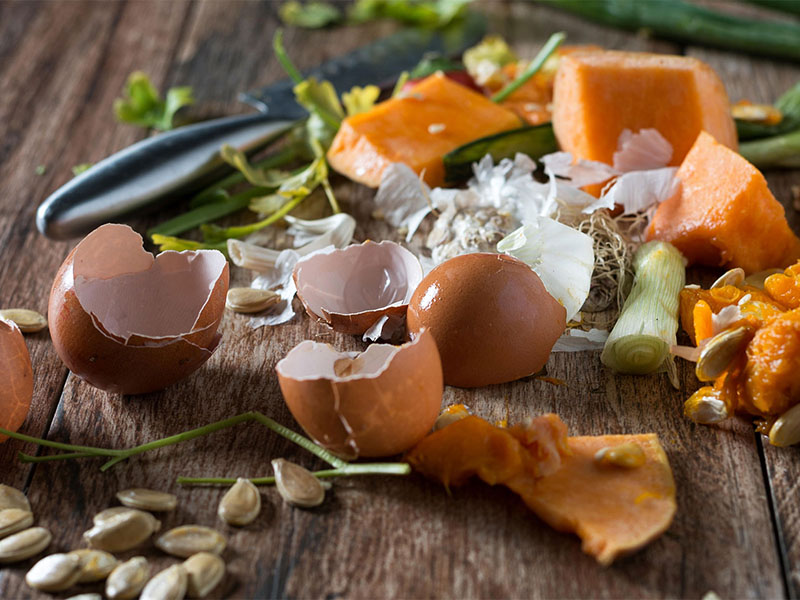 06 Methods to be applied or not to applySee More06 Methods to be applied or not to apply
06 Methods to be applied or not to applySee More06 Methods to be applied or not to applySeparate collection of organic waste at source
- Organic wastes are collected separately from other wastes in brown deposition equipment.
- The house / workplace is recycled in the yard.
- It is delivered to the municipality. It is sent to the licensed recycling facility by the municipalities.
False Applications
- It is considered as garbage and mixed with other wastes into the garbage bin without being recycled into the nature.
- Disposal into the sewerage system will cause blockages.
- Disposal into the environment causes image pollution and odor problems.
Separate collection of organic waste at source
- Organic wastes are collected separately from other wastes in brown deposition equipment.
- The house / workplace is recycled in the yard.
- It is delivered to the municipality. It is sent to the licensed recycling facility by the municipalities.
False Applications
- It is considered as garbage and mixed with other wastes into the garbage bin without being recycled into the nature.
- Disposal into the sewerage system will cause blockages.
- Disposal into the environment causes image pollution and odor problems.
- Organic wastes are collected separately from other wastes in brown deposition equipment.
-
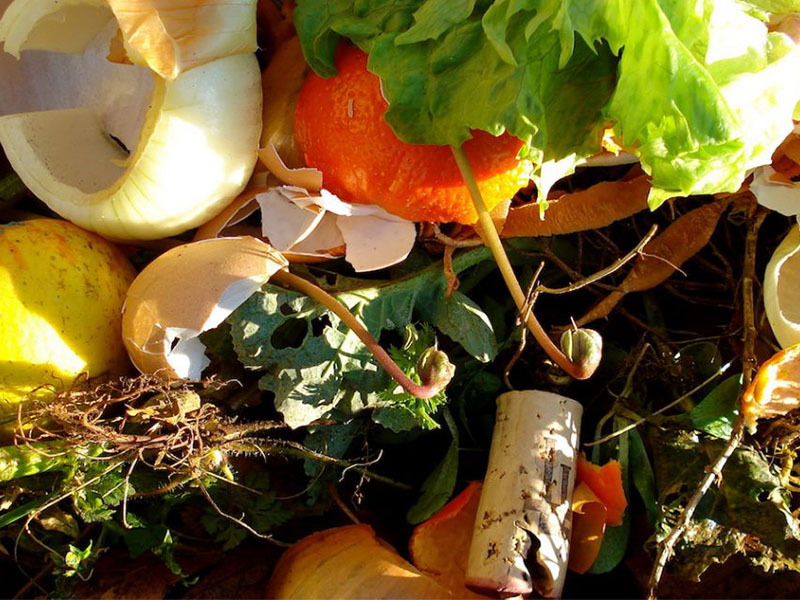 07 Collection pointsSee More07 Collection points
07 Collection pointsSee More07 Collection pointsComposting is a process in which organic materials are stabilized by microorganisms in aerobic or anaerobic conditions. Composting decomposes organic materials while microorganisms consume oxygen. During active composting, a large amount of temperature and some carbon dioxide (CO2) is produced and the resulting water vapor is released into the air. However, the small amount of carbon dioxide that may arise is negligible compared to the amount of carbon dioxide produced by the present system, where waste is not managed properly.
Compost can be done anywhere, in any condition. If you live in the apartment, you can use composting methods that do not take up much space, smell and fly. If you don't have much kitchen waste, you can get together with your neighbors to collect enough supplies. If you want to produce compost quickly, you can use the hot compost method, if you do not have time to take care of the daily work, but if you have a place in the garden, you can use the cold compost method.Composting is a process in which organic materials are stabilized by microorganisms in aerobic or anaerobic conditions. Composting decomposes organic materials while microorganisms consume oxygen. During active composting, a large amount of temperature and some carbon dioxide (CO2) is produced and the resulting water vapor is released into the air. However, the small amount of carbon dioxide that may arise is negligible compared to the amount of carbon dioxide produced by the present system, where waste is not managed properly.
Compost can be done anywhere, in any condition. If you live in the apartment, you can use composting methods that do not take up much space, smell and fly. If you don't have much kitchen waste, you can get together with your neighbors to collect enough supplies. If you want to produce compost quickly, you can use the hot compost method, if you do not have time to take care of the daily work, but if you have a place in the garden, you can use the cold compost method. -
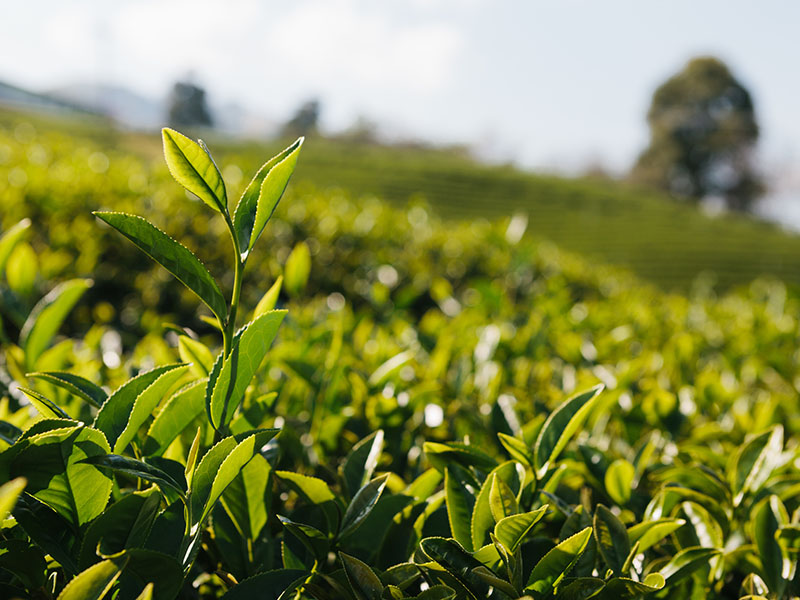 08 RegainSee More08 Regain
08 RegainSee More08 RegainRecycling of organic waste
- Compost can be made from the collected organic wastes in the home / office yard. Compost is produced by decomposing organic based wastes in oxygenated or non-oxygenated environment. Compost is produced by different techniques. Can be done outdoors or by machine.
- In the landfills of organic wastes, electrical energy is generated from methane gas formed as a result of decay of organic materials.
Compost usage and benefits
Compost is used for plants growing in gardens and parks.
The main benefit of composting is that it improves soil structure and property. The benefits can be listed as follows;- Increases the void volume in the soil.
- Provides easy ventilation of the floor,
- Provides easy processing of hard-worked soils,
- It prevents salting in dry seasons by increasing the water holding capacity of the soil.
- It acts as a buffer against high mineral fertilization.
- Provides better use of nutrients by plants.
Recycling of organic waste
- Compost can be made from the collected organic wastes in the home / office yard. Compost is produced by decomposing organic based wastes in oxygenated or non-oxygenated environment. Compost is produced by different techniques. Can be done outdoors or by machine.
- In the landfills of organic wastes, electrical energy is generated from methane gas formed as a result of decay of organic materials.
Compost usage and benefits
Compost is used for plants growing in gardens and parks.
The main benefit of composting is that it improves soil structure and property. The benefits can be listed as follows;- Increases the void volume in the soil.
- Provides easy ventilation of the floor,
- Provides easy processing of hard-worked soils,
- It prevents salting in dry seasons by increasing the water holding capacity of the soil.
- It acts as a buffer against high mineral fertilization.
- Provides better use of nutrients by plants.

